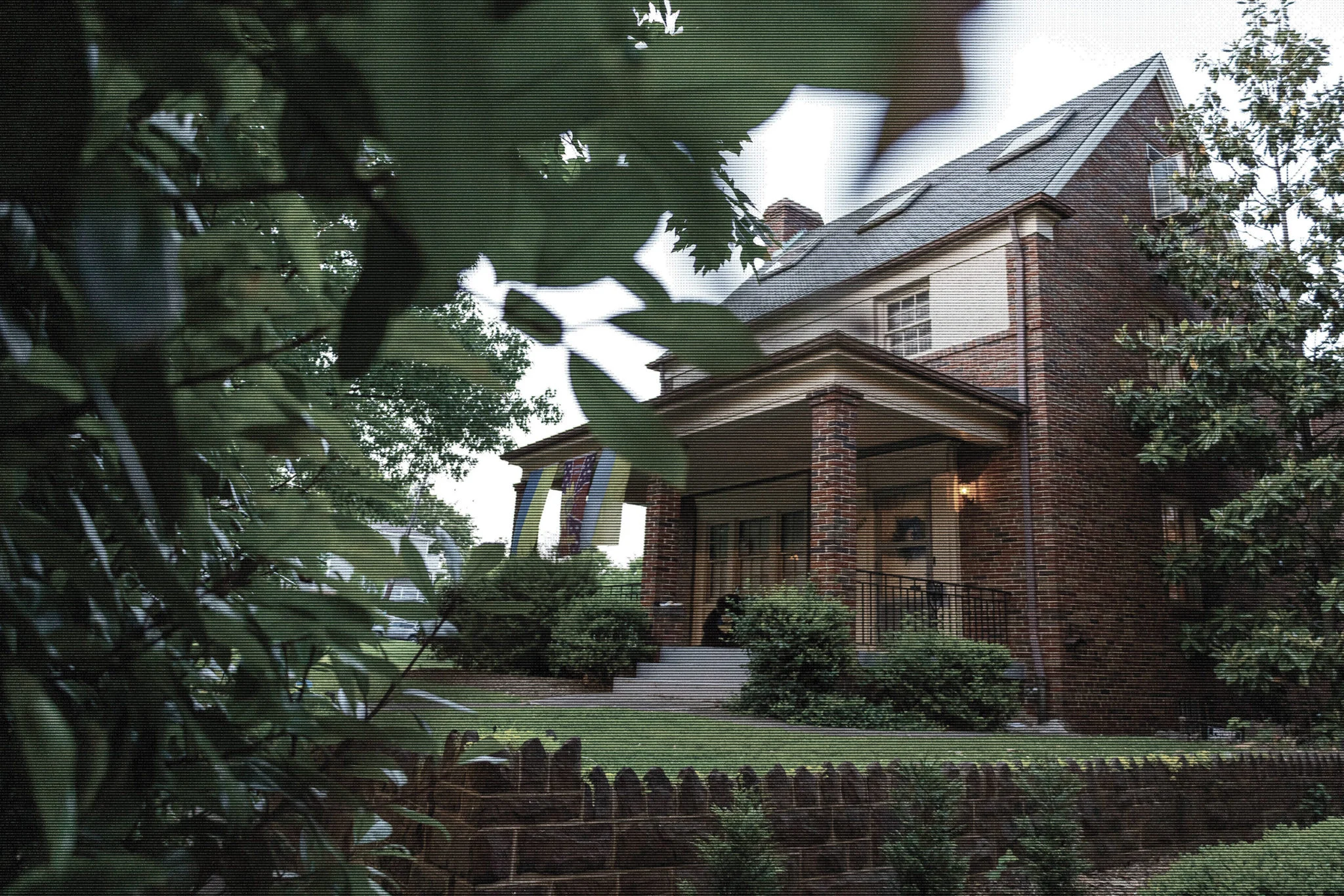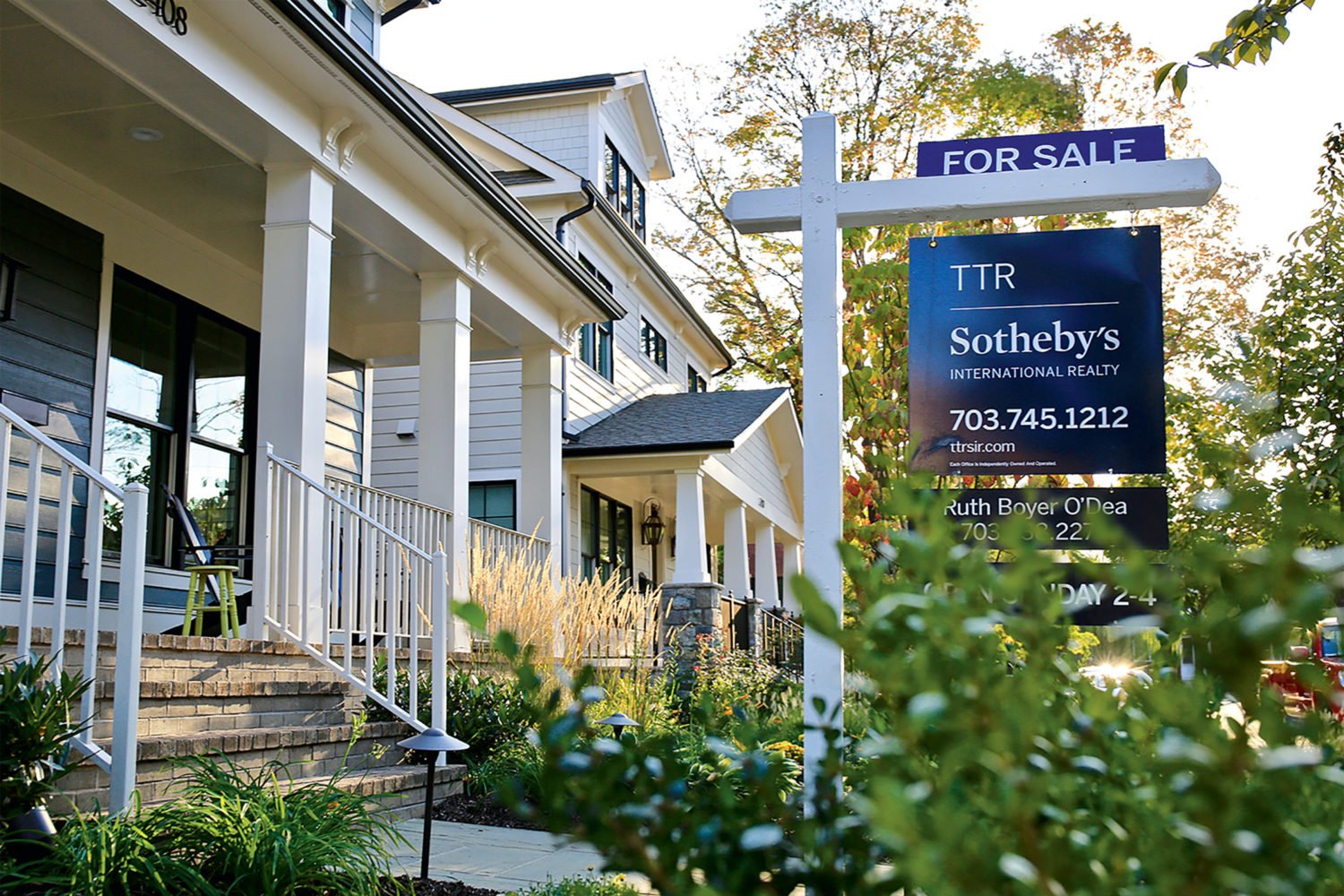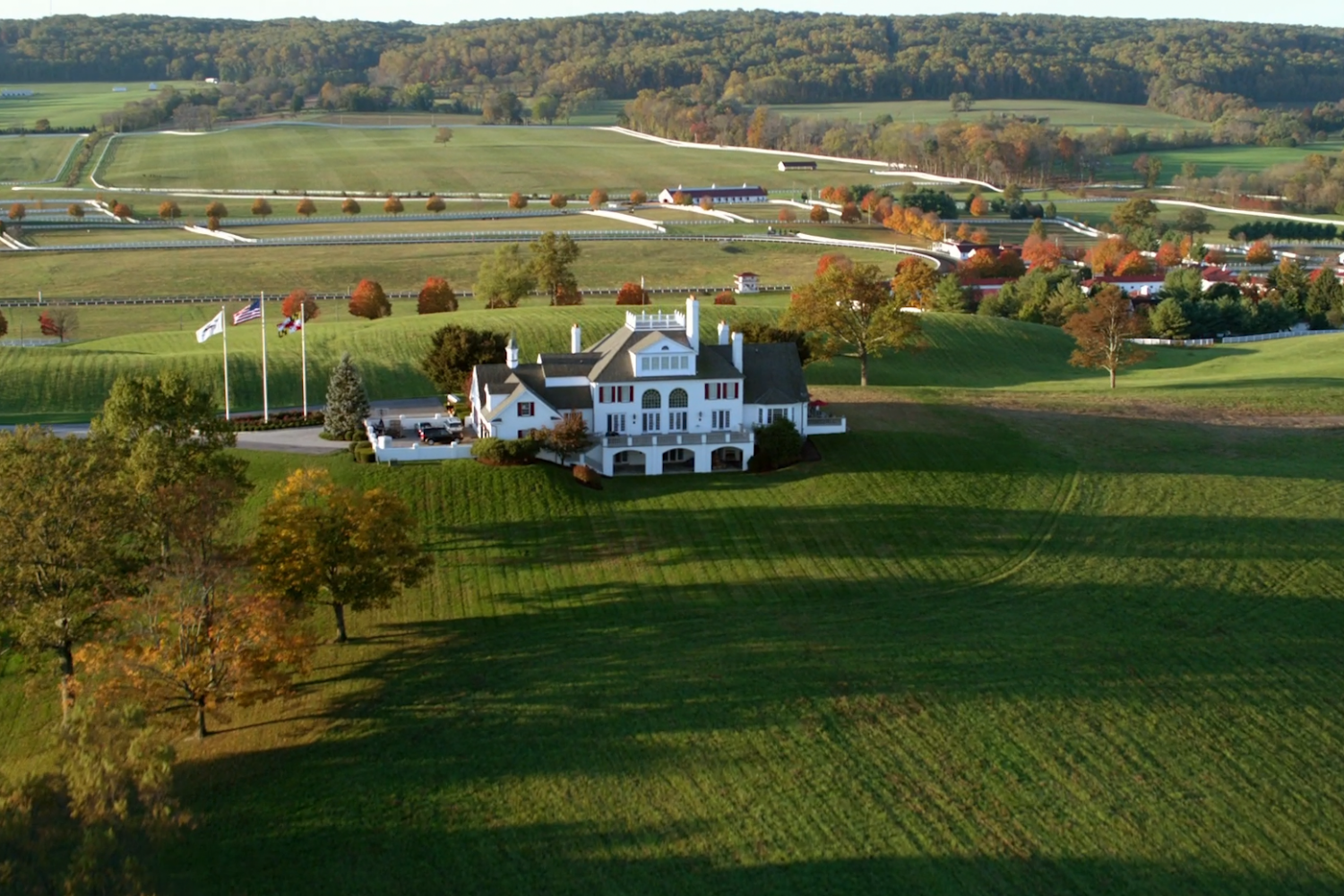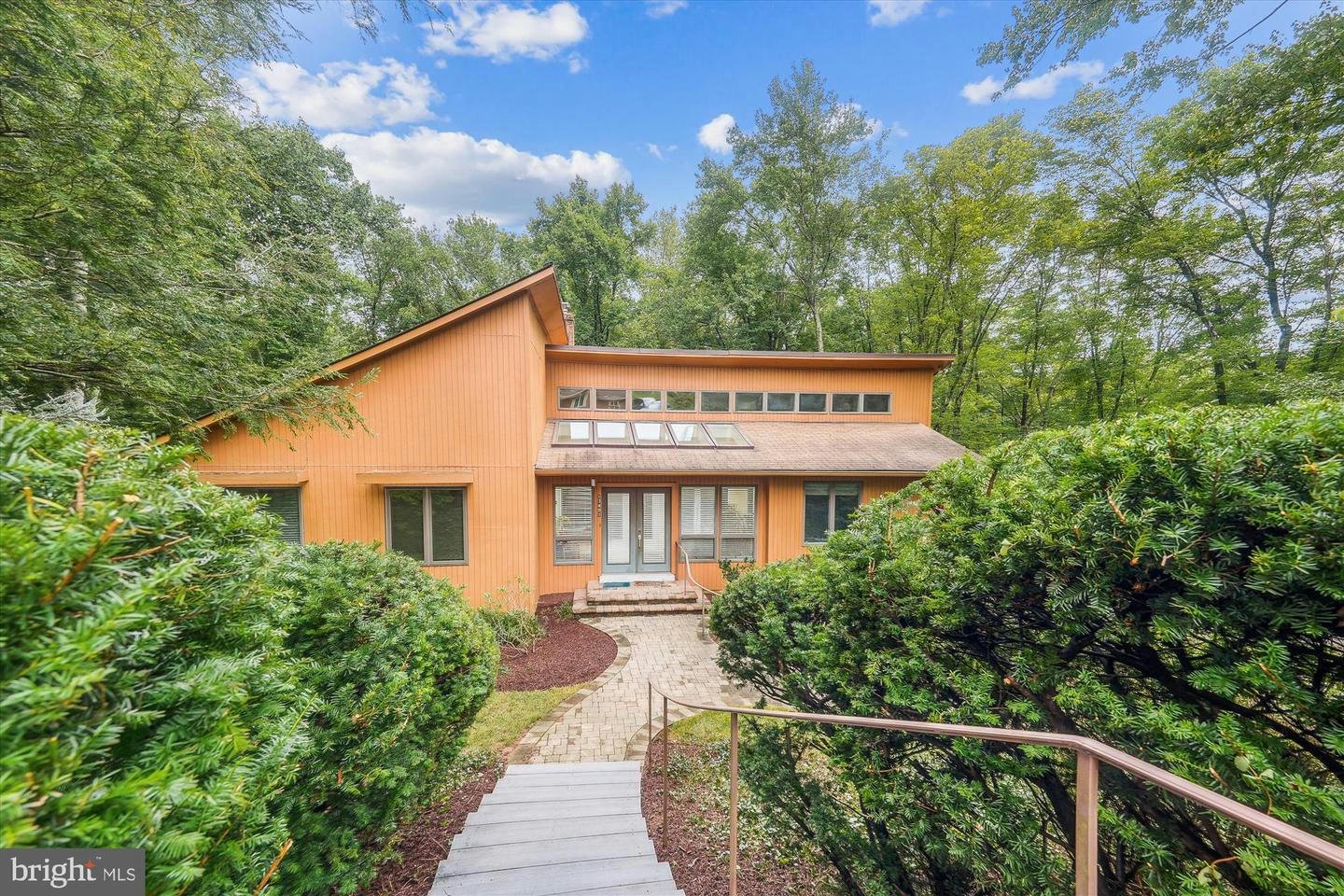UPDATE: As of the morning of February 22, the house is now listed as off the market. The property’s realtor again could not be reached for comment.
Houses go up for sale all the time in DC. But houses across the street from the Russian Embassy that were allegedly involved in Cold War espionage? Those are on the market less frequently.
Over the years, 2619 Wisconsin Ave NW has attracted lots of attention: from this magazine, from Wikipedia editors, and most importantly, from real-life spooks. (Again, allegedly! Ahem). Today, the four-level property within walking distance of beautiful parks and tremendous schools is a target for area homebuyers—and perhaps a particularly hot commodity for buyers with an appreciation for The Long Telegram, Olympic boycotts, and the animating conflict of Rocky IV.
According to local legend—and, frankly, a whole lot of solid reporting—the house was used by the Federal Bureau of Investigation to keep tabs on the comings and goings at the embassy. In 2023, our own Sylvie McNamara dove deeply into the lore and history surrounding the house, and came away with a number of juicy nuggets:
- Seven days a week, neighbors recall, teams of men rotated in and out of the house at eight-hour intervals, almost as if they were working in shifts. Often, these men hauled large bags of Kodak film, which was probably for the cameras—the ones that could sometimes be glimpsed through the house’s tinted windows, but only when the sun hit just right. Those cameras were mounted on tripods, pointed at the embassy across the street.
- In the late aughts, Jim Popkin—then a reporter at NBC—ran the house’s address through a database at work, and a name popped up as a resident. The man’s listed occupation? “Clerk really a spy.” Popkin figured the guy wrote it as a joke—on a washing-machine warranty or magazine subscription—not realizing that “clerk really a spy” would get sucked into a database and follow him around. But it’s basically the truth: The man turned out to be an FBI surveillance specialist.
- When Bill Brownfield first moved to the street behind the house, his next-door neighbor told him something odd: For months, his garage door would open and close, unprovoked, at all hours of the day and night. The neighbor developed a theory that emanations between the embassy and the spy house were somehow triggering his electronic opener. Finally, he mentioned the issue to the guys at shift change. Apparently, it never happened again.
- When it was revealed in 2001 that the FBI and NSA had dug a failed surveillance tunnel under the Russian Embassy—the tunnel periodically flooded, and the NSA supposedly had trouble shooting spy lasers (really!) into the embassy from below—many locals speculated that the tunnel originated in the house.
Note: the current Zillow entry for the nearly 5,000-square-foot property includes a diagram of the layout—and a tunnel system is conspicuously absent.
This is the first time the house has been available since the year it was built, 1935. Listed at $4.5 million, it has five bathrooms and four bedrooms. Interestingly, it is described as “available for development.” It’s unclear whether 2619 Wisconsin Ave NW is being sold as a tear-down, and the realtor for the property did not immediately respond to Washingtonian requests for comment. That said, the zoning laws in the neighborhood only provide for certain types of development and the Zillow page for the house suggests that aside from a residence, the lot could also be turned into an assisted living facility, a medical building, or even … an embassy.
















